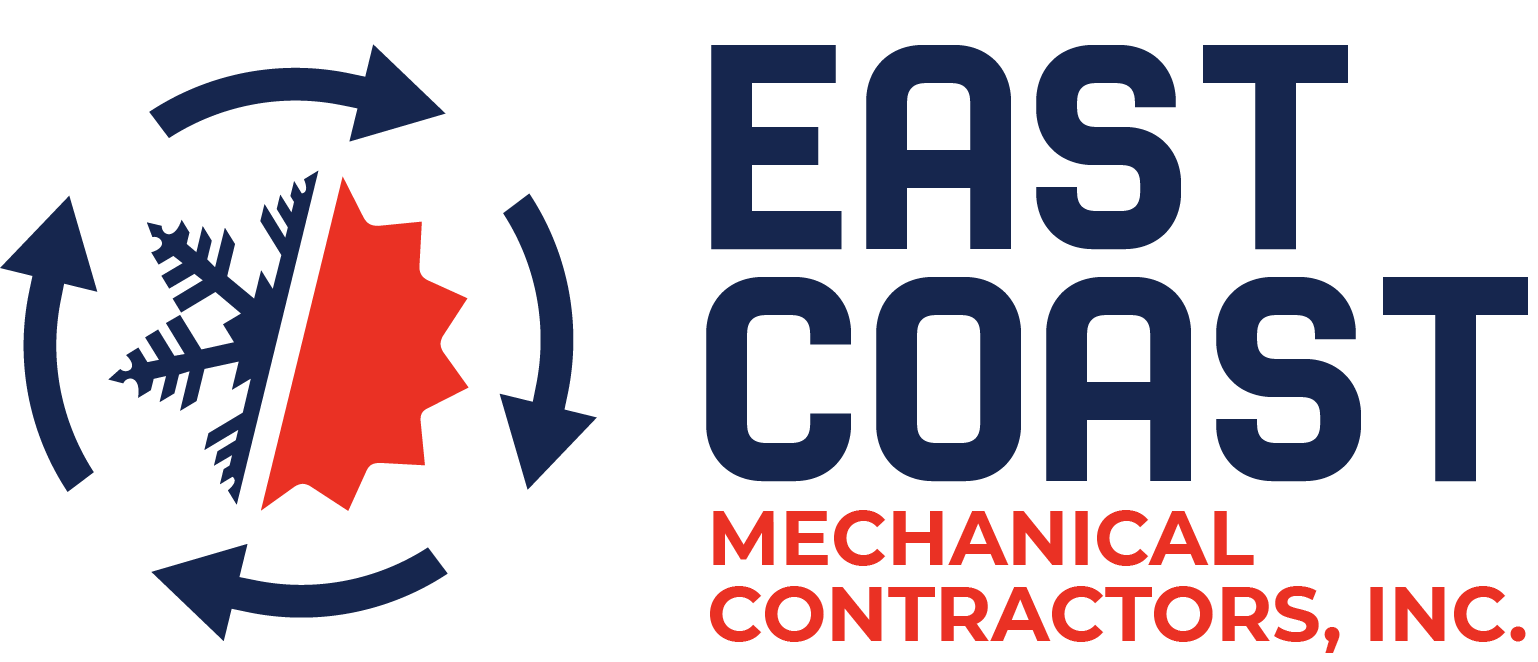Signs that you should call a heating, ventilation, and air conditioning (HVAC) specialist for your heating system will determine if it needs furnace replacement or repair. Several factors need to be considered in making such an expensive decision. The US Environmental Protection Agency (EPA) has a voluntary program called Energy Star that rates the longevity of a product. According to Energy Star, air conditioner should last 15 years, a heat pump endures at least 16 years, and furnace should heat for 15 years.
Maintenance
Regular maintenance is required for HVAC systems to work efficiently. All furnace manufacturers recommend annual maintenance to be performed by a qualified HVAC technician. There is also wording in their warranties saying that any damage done to the unit because of lack of maintenance will not be covered. However, preventative maintenance including a thorough examination and cleaning of the parts. Maintenance of parts that commonly malfunction, like the air filter, the fan, the pilot light, and the heat exchanger, can usually prevent most problems from evolving to replacement.
Replacement
A full HVAC replacement is expensive for most household budgets. However, a system that has outlived its efficiency can raise the cost of utility bills. Now, while you can repair your unit, much like continually spending money to repair an older car, it may be better to get a new one at some point. Eventually, every homeowner experiences a malfunction in their heating unit that is the last gasp of a dying system, it is better to replace the system proactively than to wake up to a cold house. It’s a cold morning and you hike the thermostat up like you usually do to take the chill off, but you get no response. You don’t hear the system firing up or feel the radiators or air vents producing any heat. You hope it’s just a quick fix, like a clogged filter or a tripped circuit breaker. On the other hand, you might be wondering if it’s more cost-effective to just have the unit replaced.
Safety
Your first consideration most likely revolves around safety. If your heating system is presenting a safety hazard, then it should be common sense to replace it. Especially if the repair is going to be costly and temporary. If you have a cracked heat exchanger on your furnace, for instance, it could lead to a poisonous carbon monoxide leak fatally into the air in your home. This is not a risk you want to take. However, things like stuck valves or faulty wiring may just need a simple repair. Still, you’ll want to do a cost-benefit analysis and work with your East Coast Mechanical HVAC company to arrive at the best decision.
Furnace Replacement
Next, consider the age of your unit for Furnace Replacement. Remember that the average life of a furnace is around 15 to 20 years. In some cases, during the installation process, your licensed and trained technician will write down the installation date right on the unit. Otherwise, you can check inside the chamber door for a metal identification plate containing the serial and model numbers. You can then call the customer service line of the manufacturer and ask for the manufacture date of the unit.
If your unit is more than 20 years old, it doesn’t necessarily mean it’s time to discard it. The published HVAC life expectancy dates are just averages, meaning half of all units burn out by this date while the other half still work efficiently. So, while these numbers are the averages, they’re not set in stone. Your HVAC technician can advise you about your system’s longevity. For instance, if you are a snow-bird spending three winter months each year down south, your furnace didn’t get a full winter workout. Fortunately, your system will likely last longer than its average expected lifespan.
Heating Effectiveness
If your heating system is not running efficiently, it will not heat your home effectively. A good sign you have an inefficient heater is if you notice some rooms in your house aren’t heating to the temperature you set. Older systems could have difficulty heating your entire household, and you’ll know this if you notice some rooms are warmer than others. Measures of efficiency include:
- Annual Fuel Utilization Efficiency (AFUE): Older units tend to burn more fuel to make up for their inefficiencies. This results in an increased carbon footprint of your house and higher utility bills. If you have an older heating system, it could have an AFUE of less than 65 percent. New systems have an AFUE of 90 percent, and 80 percent is considered the lowest level desirable.
- Compare replacement and repair costs: A new boiler or furnace is a substantial investment, but repair costs can also become costly as well. Not to mention, there’s always the possibility of the same issue occurring again or the need for more work in the future. You may want to replace your heating system if the repairs exceed half of the HVAC replacement costs.
- Consider manufacturer rebates and tax incentives: Current manufacturer rebates and tax incentives for energy-efficient heating units may save enough money on newer equipment.
Signs that You Should Call an HVAC Specialist for Your Heating
Dust
Your HVAC unit not only cools and heats your home, but also provides ventilation. When your system runs efficiently, it improves the air quality in your home by eliminating things like dust, debris, dirt, and dander. It also keeps the humidity in your home under control. If you begin noticing more dust accumulating in your home and higher humidity levels than you previously experienced, it could indicate your AC unit isn’t efficient enough and may need a replacement.
Noises
A well-maintained AC unit and furnace should run quietly. As your system starts getting older, you may begin hearing strange sounds like squealing or grinding. You’ll want to have your technician come in and inspect your unit if you start hearing unusual sounds.
Odors
The same goes for unusual smells. While an odd smell coming from your AC unit could just be dust burning off, it could also be things like mold in your ducts or wiring melting. It could also be something even worse. You need a proper inspection to determine if it’s time to replace your system.
Comfort
If you’re finding it difficult to regulate the temperature of your home, you may have an incorrectly sized unit, or it may be a sign of aging. Older HVAC systems naturally begin to struggle to maintain a consistent temperature in your home. This could be due to numerous issues like an inaccurate thermostat, clogged filters, motor damage, cracked ducts or low fluid levels. Inconsistencies in temperature usually mean your AC unit isn’t powerful enough anymore to cool your home. Regardless, if you decide to keep your AC system to save money, you’ll only end up living in an uncomfortable home environment. You’ll also continue to see your energy bill grow. If the HVAC system not going to cool down your home or warm it when you need it to, you may want to consider a Furnace Replacement.
High bills
Although you’ll experience energy cost changes during different seasons, overall, your bill should be relatively similar each month during off-season times. An energy bill continuing to increase is a common indication your system needs servicing or replacing. The efficiency of your unit eventually declines with age, which makes it essential to have it serviced annually. Your AC units’ lifespan will increase with regular maintenance and continue to run efficiently. However, as it gets older, you might need a Furnace Replacement.
Signs that You Should Call an HVAC Specialist for Your Heating
CONTACT East Coast Mechanical GET ADVICE FROM AN HVAC EXPERT
Contact East Coast Mechanical to get expert HVAC advice to make the decision to replace or repair your AC unit. Your HVAC technician may check out your home’s insulation quality, too. You could increase your system’s effectiveness by improving the insulation. If you start noticing any of these signs above, contact East Coast Mechanical. We are local experts who provide quality service. We have a team of professional, experienced technicians to help guide you through the decision process and we regularly feature special prices on tune-ups for home heating and cooling equipment. Contact us at https://ecmchvac.com/contact/
Email: ecmcecmc@aol.com
Address: 5133 W Hurley Pond Rd Suite A, Wall Township, NJ 07727
Phone: 800-300-ECMC or 732-751-8877
Hours: Monday to Friday 8 AM to 5 PM and Closed Saturday and Sunday.
https://ecmchvac.com/why-should-you-consider-a-furnace-tune-up-this-winter/

